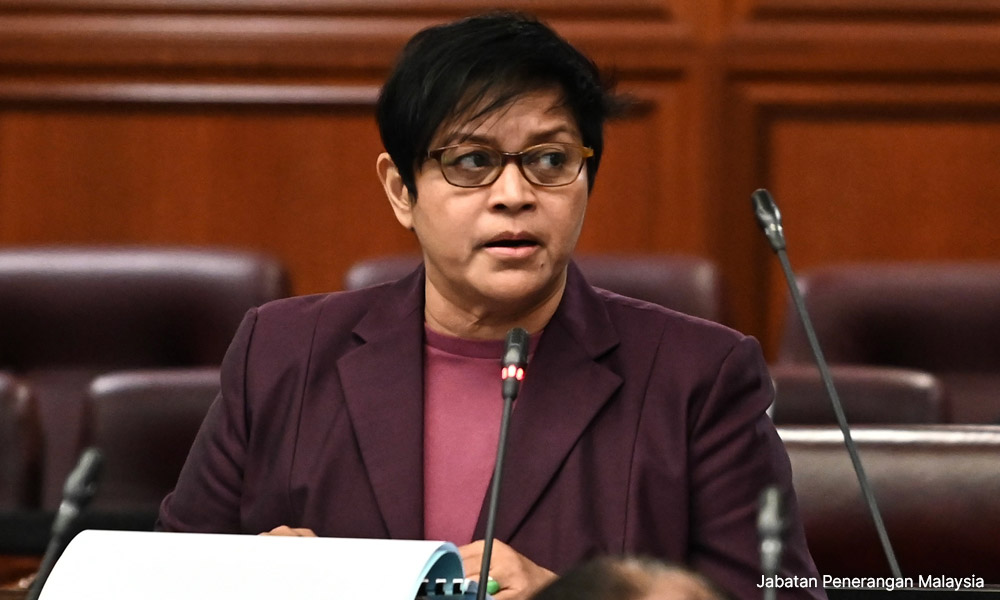Pusat Komas welcomes the statement made by the Minister in the Prime Minister's Department (Law and Institutional Reform) Azalina Othman Said over the government’s plan to introduce new legislation to regulate the use of 3R (race, royalty and religion) to promote unity.
For far too long, Malaysia has been entangled with the plight of the use of 3R on two separate levels: Politicians and political parties using 3R to monger fear amongst the rakyat for their political interests, and the grassroots level where 3R is used as a shield to silence dissidents under the pretext of preserving peace and unity in the country.
Many activists, civil societies and everyday people were investigated, charged, and sanctioned unfairly due to their criticisms of the government of the day.
On the other hand, there are many instances of racism in Malaysia where actions were not taken against those who made racist comments.
We laud the minister’s suggestion to impose a civil liability instead of a criminal liability, as it is an efficient way to provide an expedient course of justice.
The proposed 'State and Nation Act' will also reduce the over-reliance on the use of draconian laws such as the Sedition Act, Section 233 of the Communications and Multimedia Act (CMA) and Section 298A of the Penal Code which are vague or overly “broad and inflexible”, which could lead to an overreach or an abusive application of the law.

We believe that the introduction of the new law is timely and provides the government with an opportunity to review and repeal all draconian and archaic laws.
Freedom of speech v hate speech
Malaysia practises Constitutional monarchy, which connotes that the Constitution reigns supreme. Therefore, the public must be allowed as of right (enshrined in part 1 of the Federal Constitution) to voice out constructive criticisms provided that it is within the bounds of their freedom of speech and expression.
This balance is pivotal to ensure that the government of the day does not abuse the new legislation by ruling with an iron fist.
While it may be difficult to distinguish and balance between freedom of speech and hate speech, the grey area raised above can be circumvented by applying the Rabat Plan of Hate Speech which outlines guidelines and high thresholds in defining hate speech.
It is important for effective United Nations mechanisms to be referenced in local legislations more so now, since Malaysia sits in the United Nations Human Rights Council.
While Azalina is high on the spirit of reforms, Pusat Komas proposes once again the recommendations from the National Unity Consultative Council (NUCC) that suggested the enactment of three pieces of legislation: the Racial, Religious and Hate Crimes Bill; the National Harmony and Reconciliation Bill; and the National Harmony and Reconciliation Commission Bill.
Much of the groundwork was done by previous governments and the draft bills were prepared by relevant stakeholders.
We suggest that Azalina review existing ideas and legislation instead of reinventing the wheel. Many resources spent on previous studies will go to waste if we keep shunning good recommendations.
Great work requires one to be non-partisan. Although the establishment of the NUCC was done during the BN era, we believe that there are many things we could learn through the findings of the council that are still largely relevant today. - Mkini
The views expressed here are those of the author/contributor, Pusat Komas and do not necessarily represent the views of MMKtT.




No comments:
Post a Comment
Note: Only a member of this blog may post a comment.